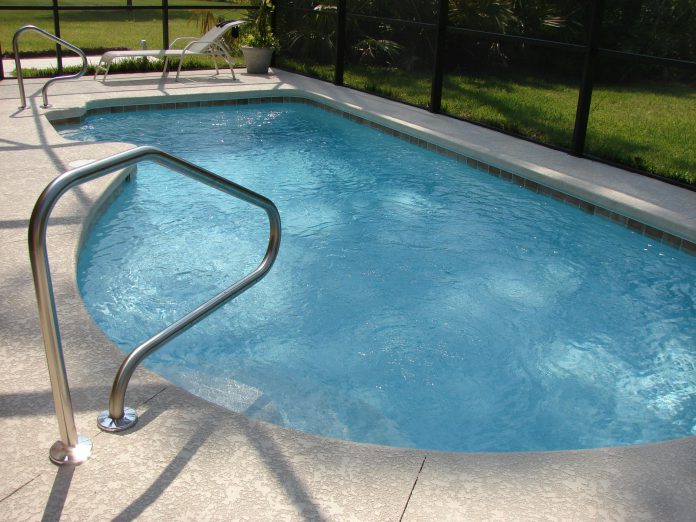Installing a pool at your home is an exciting prospect that promises endless fun, relaxation, and a boost to your property value. However, it’s a significant investment that comes with its own set of responsibilities and considerations. Before diving in, you should be well-prepared and informed about what this project entails. From understanding the costs involved to navigating the legal requirements, knowing what lies ahead can save you time, money, and frustration. Here are four things you need to know before you take the plunge and install a pool at your home.
1. Financial Commitment and Costs
One of the first things to consider is the financial commitment of installing a pool. This isn’t just about the upfront installation costs, which can range significantly based on the type of pool you choose. An in-ground pool typically requires much more of an investment than an above-ground pool due to the work involved in the installation process. You’ll need to budget for ongoing maintenance, which includes cleaning, chemical balancing, and possible repairs. Additionally, don’t forget about the increase in your utility bills, particularly water and electricity. It’s wise to get quotes from multiple contractors. This way, you’ll hear a broad range of ideas and can compare different bids. When you have a good sense of what pool installation entails, you may have a better chance of setting up a reasonable deal.
2. Space and Design Considerations
The next aspect is understanding the space and design requirements for your pool. You need to evaluate your backyard space to determine the best location for the pool, considering factors like sunlight, accessibility, and the natural landscape. Further, it’s important to think about the design that will best fit your lifestyle and aesthetic preferences. Will you opt for a rectangular, kidney-shaped, or freeform pool? Will children be using the pool, and if so, would you benefit from a zero-entry pool? Consider the surrounding area, too, such as decking, landscaping, and safety features like fencing. Engaging with a professional designer can help you visualize the final look and make sure that it complements your home.
3. Legal and Safety Requirements
Before installing a pool, familiarize yourself with the legal and safety requirements in your area. Most municipalities have specific codes and regulations regarding pool installation, including permits, fencing, and safety barriers to prevent accidental drownings. You may be required to install alarms and covers, and in some places, there are regulations on pool depth and distance from property lines. Non-compliance can result in hefty fines and potential legal issues, so you’ll want to adhere strictly to these regulations. Ensuring your pool is safe not only for your family but also for any guests who might use it.
4. Maintenance and Upkeep
Maintaining a pool requires regular attention and effort. It’s not just about skimming leaves off the surface; it involves monitoring the water’s pH levels, adding necessary chemicals, and checking if the filtration system is functioning correctly. Regular maintenance can prevent bigger problems down the line, like algae growth or equipment failure. You may opt to hire a professional pool service to handle the regular upkeep, which adds to the overall cost. Also, consider budgeting for unexpected problems. In the future, for example, you may require a new pump or pool leak detection services because your water isn’t circulating well or your water level seems to be going down. Being prepared for these responsibilities can help you keep your pool a safe and enjoyable place for everyone.
Conclusion
Installing a pool is a major decision that extends beyond just adding a recreational feature to your home. It involves significant financial investment, careful planning and design, adherence to legal and safety regulations, and ongoing maintenance. By thoroughly considering these four crucial aspects, you can ensure a smoother installation process and prolonged enjoyment of your new pool. Being well-prepared can improve your experience and reduce the chances of dealing with future pitfalls and frustrations. With the right planning and resources, you can turn your dream of having a home pool into a reality that provides joy and relaxation for years to come.















